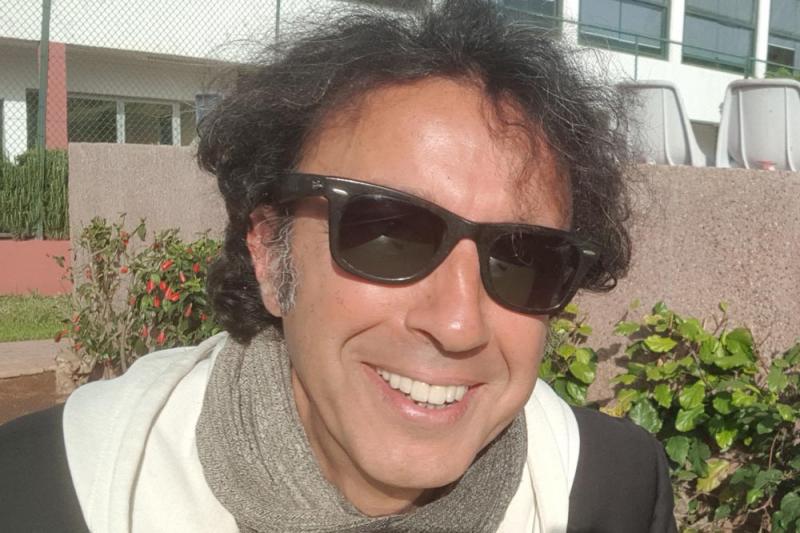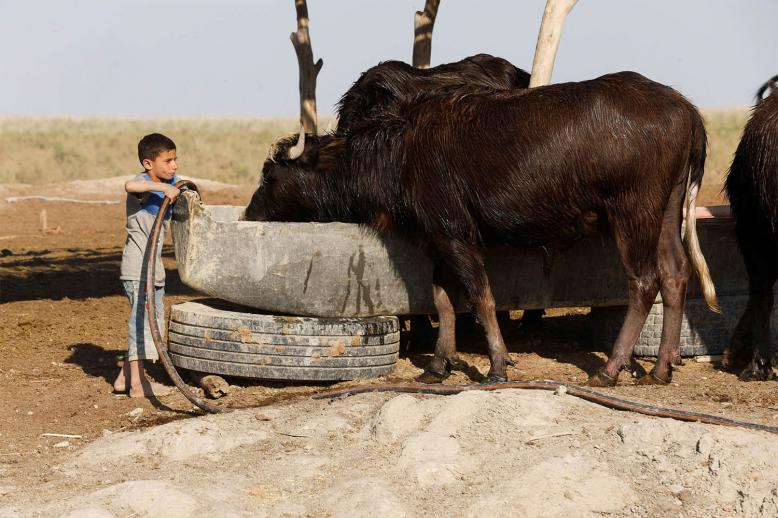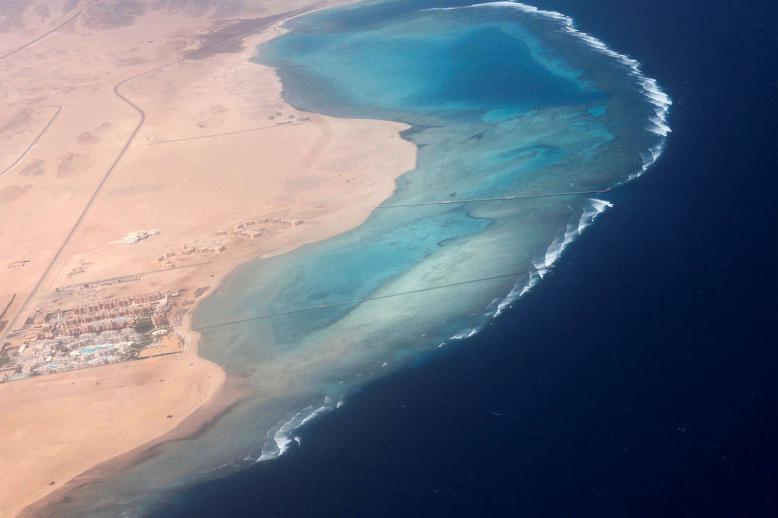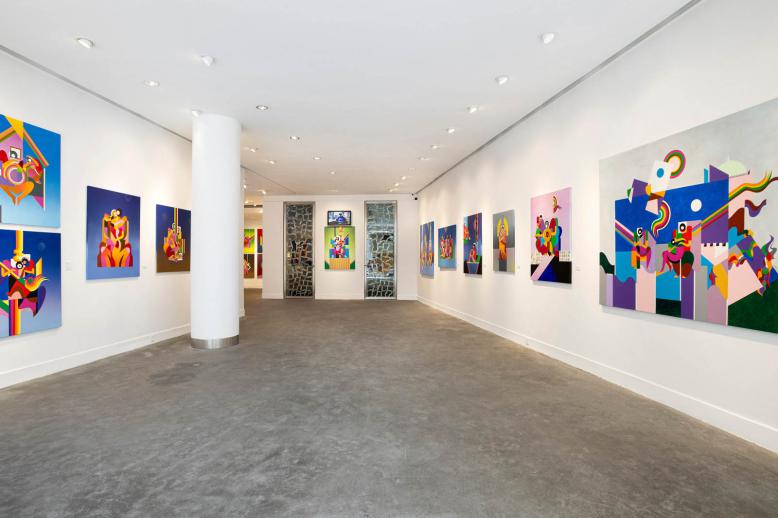The cinematic adventures of Moroccan film-maker Ismael Ferroukhi
CASABLANCA - The story of French-Moroccan film-maker Ismael Ferroukhi is an inspiration for anyone who dreams of a career in the cinema industry without having studied the seventh art.
Born in Morocco but raised in France since he was 2 years old after his family emigrated to Europe, Ferroukhi taught himself film-making.
“I had a passion for writing novels, novellas. I have had a desire to tell and write stories since I was a kid but it had nothing to do with cinema,” Ferroukhi said. “It was by coincidence and necessity that I found myself in the cinema industry, which pushed me to make my first movie.”
Ferroukhi made his first short film, “The Expose,” in 1992. It won the Kodak Prize at the Cannes Film Festival a year later.
“For me, it was the only film that I was going to make. I have never thought of making a career in cinema,” said the French-Moroccan director, who used people in the village where he grew up to play roles in the film.
“The Expose” depicts the story of a 9-year-old boy who has to give a presentation on his country of origin, Morocco, at school in the town of Crest in southern France.
The self-taught director recalled the financial struggle to produce his first film. “It took me months to find the money to make the movie because I was unknown in the cinema industry,” he said.
Following “The Expose’s” “unpredictable” success in Cannes and other festivals, opportunities opened for Ferroukhi. He was approached by a producer who had a project with Canal+ and ARTE TV channels to make a short film in an encounter between young film-makers and screen stars.
Ferroukhi said he had the privilege to work with French actress Catherine Deneuve in a short film “L’Inconnu” (“The Unknown”) (1996), which tells the story of a single woman who meets a homeless man in her parking lot and decides to host him.
“’L’Inconnu’ was a huge leap for me as I moved from amateur actors in my town to big screen stars,” Ferroukhi said.
Ferroukhi’s talent paid off again with his first feature film, the award-winning “Le Grand Voyage” (“The Big Trip”).
“It won the 2004 Luigi de Laurentiis award at Venice, which is an unachievable thing. It was the epitome of my cinema career,” Ferroukhi said with a big smile. “It was my debut feature film. It took me four years to find the financing despite the many doors that have been shut down on me.”
The movie tells the story of a Moroccan immigrant and his son born in France who have a communication problem at home that reflects an issue many immigrants deal with.
The father embarks on a thrilling car journey with his son, who drives him to Saudi Arabia to perform haj. The movie was inspired by the story of Ferroukhi’s father, who made it to the haj by car from France when the film-maker was 14.
“It is a confrontation of two generations who have two different cultures that have been torn apart. Many people related to the movie when they saw it in Europe. For me, the message was a success,” said Ferroukhi.
“Le Grand Voyage,” which was filmed in nine countries, won the Golden Aston award at the Plata Film Festival in Argentina (2005) and was nominated for the BAFTA for Best Film in the English Language (2006).
Ferroukhi said that the movie’s success came after two years of hard work. “Conditions were difficult to make the movie since I had a limited budget and lacked several authorisations for filming,” he said.
“I was arrested in Saudi Arabia despite having the authorisation to film in Mecca. What I wanted to film there was a complicated thing to achieve but I persisted and managed to finish it after all,” he added.
The film-maker said he is working on a feature film in Morocco, an experience he said was very rich and challenging.
“There are good technicians and extraordinary amateur and professional actors in Morocco’s cinema industry. You just need to look for them and coach them,” Ferroukhi said.
“Things here (Morocco) are less organised than in France but I have to adjust to the conditions and carry on.”
Saad Guerraoui is a regular contributor to The Arab Weekly on Maghreb issues.
This article was originally published in The Arab Weekly.






